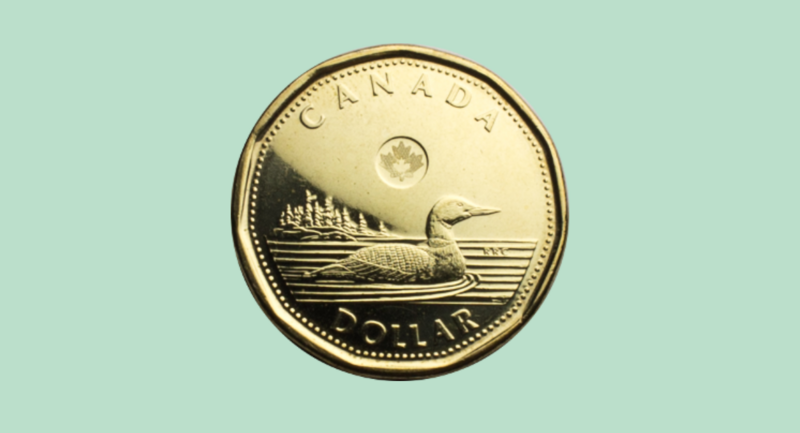In a bid to spread holiday cheer (read: get folks spending), retailers are expected to offer steeper discounts earlier this year.
Driving the news: Many major shopping destinations started Black Friday sales two weeks in advance, experts told Bloomberg, and, per Square’s holiday retail report, Canadian retailers plan to offer shoppers an 18% discount on average (a higher rate than U.S. stores).
%20copy.gif)

.png)





.png)
